Our League
Similar Movies
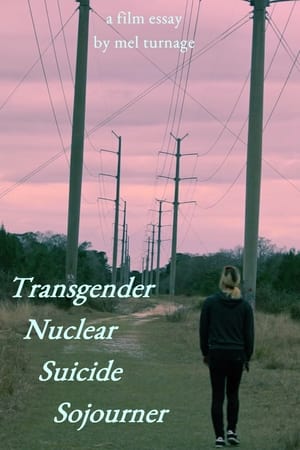 7.0
7.0Transgender Nuclear Suicide Sojourner(en)
Lies can kill. Transgender Nuclear Suicide Sojourner is an exploration of propaganda, lies, and the overwhelming urge to end it all.
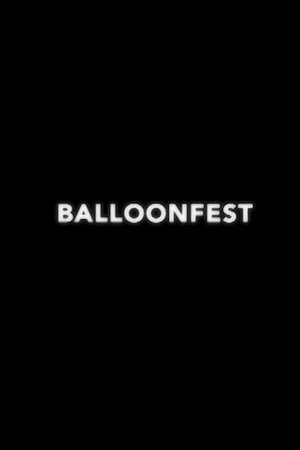 7.0
7.0Balloonfest(en)
Mid-Missouri cult hero Nathan Truesdell sifts through a Cleveland TV station's archives and unearths a fancy wrist watch, blistered fingers and other casualties of a misbegotten exercise in civic pride. In September 1986, the city of Cleveland attempted to set a special record: the simultaneous launch of 1.5 million balloons. But fate intervened, and the result was both crazier and more tragic than anyone could have imagined.
 7.0
7.0The Sound of Identity(en)
In the spotlight of global media coverage, the first transgender woman ever to perform as Don Giovanni in a professional opera, makes her historic debut in one of the reddest states in the U.S.
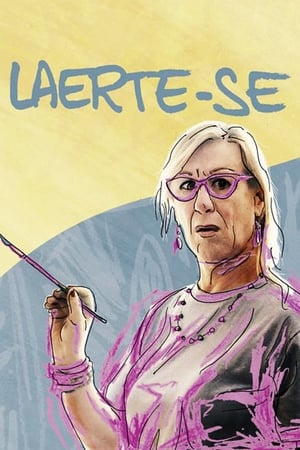 7.2
7.2Laerte-se(pt)
In this film, Laerte conjugates the body in the feminine, and scrutinizes concepts and prejudices. Not in search of an identity, but in search of un-identities. Laerte creates and sends creatures to face reality in the fictional world of comic strips as a vanguard of the self. And, on the streets, the one who becomes the fiction of a real character. Laerte, of all the bodies, and of none, complicates all binaries. In following Laerte, this documentary chooses to clothe the nudity beyond the skin we inhabit.
Love & Rage: Munroe Bergdorf(en)
Focuses on one of the most talked about and important issues of our time – how to find yourself and your truth. It follows model and transgender activist Munroe Bergdorf’s journey and provides hope for those facing similar challenges.
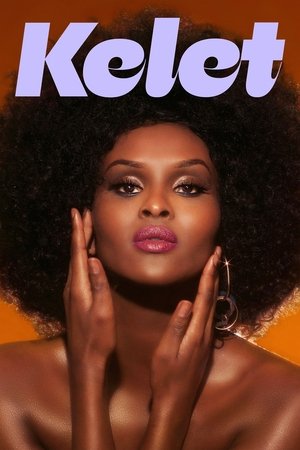 5.5
5.5Kelet(fi)
Kelet is a twentysomething black trans woman, whose greatest dream is to be on the cover of Vogue magazine. For the Finnish-born and Manchester-raised Kelet, such models as Naomi Campbell and Iman served as role models giving her strength – and during the darkest times, kept her alive. After coming out, then 19-year-old Kelet was cut off from her family and she moved back to Finland on her own.
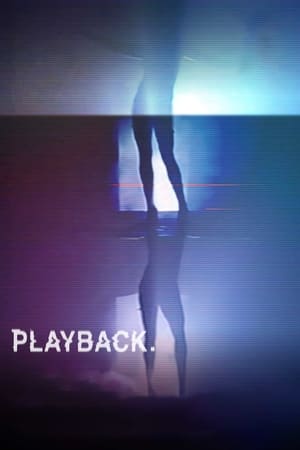 5.3
5.3Playback(es)
In Córdoba, far from the Argentine capital, the end of a military regime promises a spring that is all too brief. “La Delpi” is the only survivor of a group of friends who are transgender women and drag-queens, who began to die of aids in the late 80s. In a Catholic and conservative city, the Grupo Kalas made their weapons and trenches out of improvised dresses and lip-syncing. Today the images of unique and unknown footage are not only a farewell letter, but a manifesto to friendship.
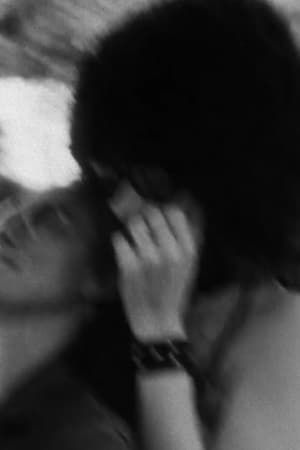 4.0
4.0I Don't Know(en)
A truly major work, I Don’t Know observes the relationship between a lesbian and a transgender person who prefers to be identified somewhere in between male and female, in an expression of personal ambiguity suggested by the film’s title. This nonfiction film – an unusual, partly staged work of semi-verité – is the first of Spheeris’s films to fully embrace what would become her characteristic documentary style: probing, intimate, uncompromising. Preserved by the Academy Film Archive in 2014.
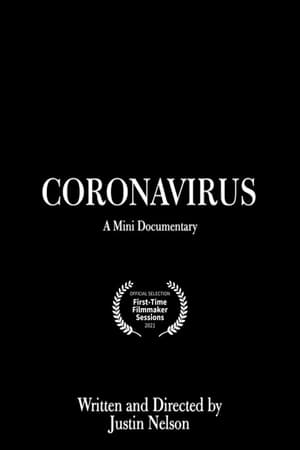 0.0
0.0Coronavirus(en)
Struggling with fear, tension, and anxiety amid the early stages of the COVID-19 pandemic, a high school student reflects upon what really matters.
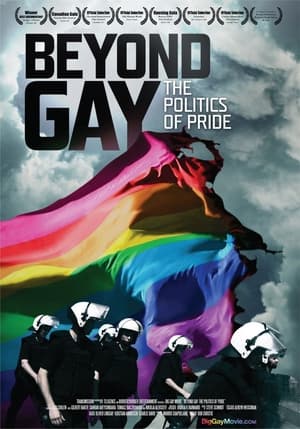 4.4
4.4Beyond Gay: The Politics of Pride(en)
Over the course of a year, film follows Vancouver Pride Society president Ken Coolen to various international Pride events, including Poland, Hungary, Russia, Sri Lanka and others where there is great opposition to pride parades. In North America, Pride is complicated by commercialization and a sense that the festivals are turning away from their political roots toward tourism, party promotion and entertainment. Christie documents the ways larger, more mainstream Pride events have supported the global Pride movement and how human rights components are being added to more established events. In the New York sequence, leaders organize an alternative Pride parade, the Drag March, set up to protest the corporatization of New York Pride. A parade in São Paulo, the world's largest Pride festival, itself includes a completely empty float, meant to symbolize all those lost to HIV and to anti-gay violence.
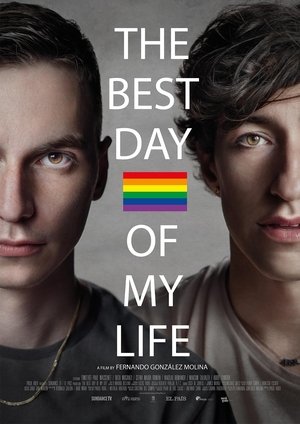 4.0
4.0The Best Day of My Life(es)
'The Best Day of My Life' is a documentary that follows the lives of six people from different parts of the world (Spain, France, Uganda and Russia) who give testimony of their experiences as people who belong to the LGBT community. They end meeting in Madrid to celebrate the World Pride. They are Abril, Timothée, Ruth, Geena, Max and Nick, and they talk about their experience in their countries of origin, some of them persecute people due to their sexual orientation and gender identity.
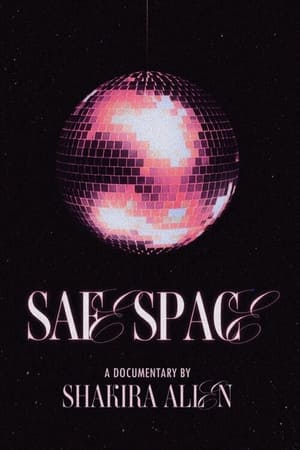 0.0
0.0Safe Space(en)
Following the lives of Queer creatives behind Norwich’s queer collaborative ‘Stripped Sets’. We discover the reasoning behind the need for safe spaces, and the stories that come with them. Through live events, photoshoots and history, we see the process in creating such an important event.
I Am the Queen(en)
In Chicago’s Humboldt Park neighborhood, the Vida/Sida Cacica Pageant brings together members of the Puerto Rican community to celebrate its transgender participants. I Am The Queen follows Bianca, Julissa and Jolizza as they prepare for the pageant under the guidance of Ginger Valdez, an experienced transgender from the neighborhood. These trans women share stories of their transition, their relatives’ varying reactions, and how they find support from within the community. Family dynamics, cultural heritage, and personal identity all play a part in how the contestants face the daily struggle that comes from being true to themselves.
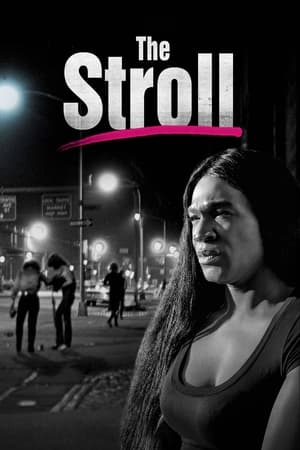 6.7
6.7The Stroll(en)
The history of New York’s Meatpacking District, told from the perspective of transgender sex workers who lived and worked there. Filmmaker Kristen Lovell, who walked “The Stroll” for a decade, reunites her community to recount the violence, policing, homelessness, and gentrification they overcame to build a movement for transgender rights.
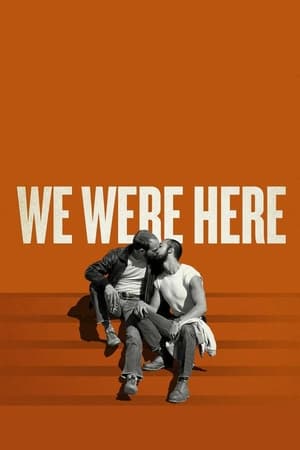 7.0
7.0We Were Here(en)
A reflective look at the arrival and impact of AIDS in San Francisco and how individuals rose to the occasion during the first years of the crisis.
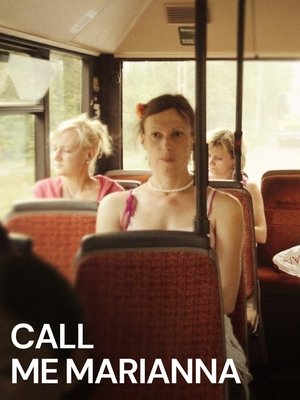 7.3
7.3Call Me Marianna(pl)
Her ex-wife won’t meet her. Her daughter rejects her. Her mother still calls her “son.” As Marianna transitions from male to female, she is abandoned by her loved ones, alone in a world unwilling to accept her true self. This multi-award-winning documentary is an intensely sympathetic and powerful account of one individual’s struggle to gain acceptance—even in the midst of profound physical hardship.
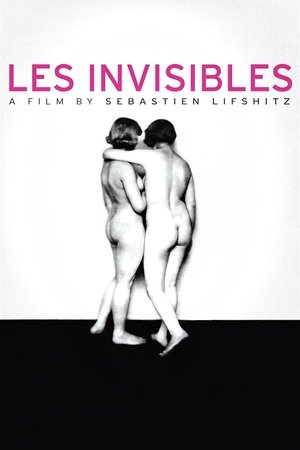 7.0
7.0Les Invisibles(fr)
Several elderly homosexual men and women speak frankly about their pioneering lives, their fearless decision to live openly in France at a time when society rejected them.
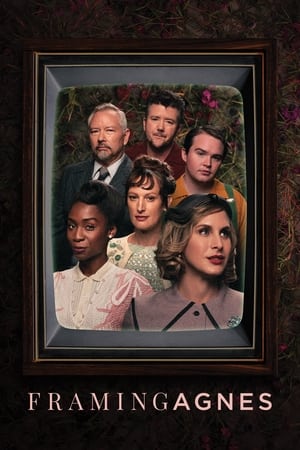 6.4
6.4Framing Agnes(en)
After discovering case files from the UCLA gender clinic from the 1950s, a group of trans actors confronts the legacy of young trans women being forced to choose between honesty and access.

